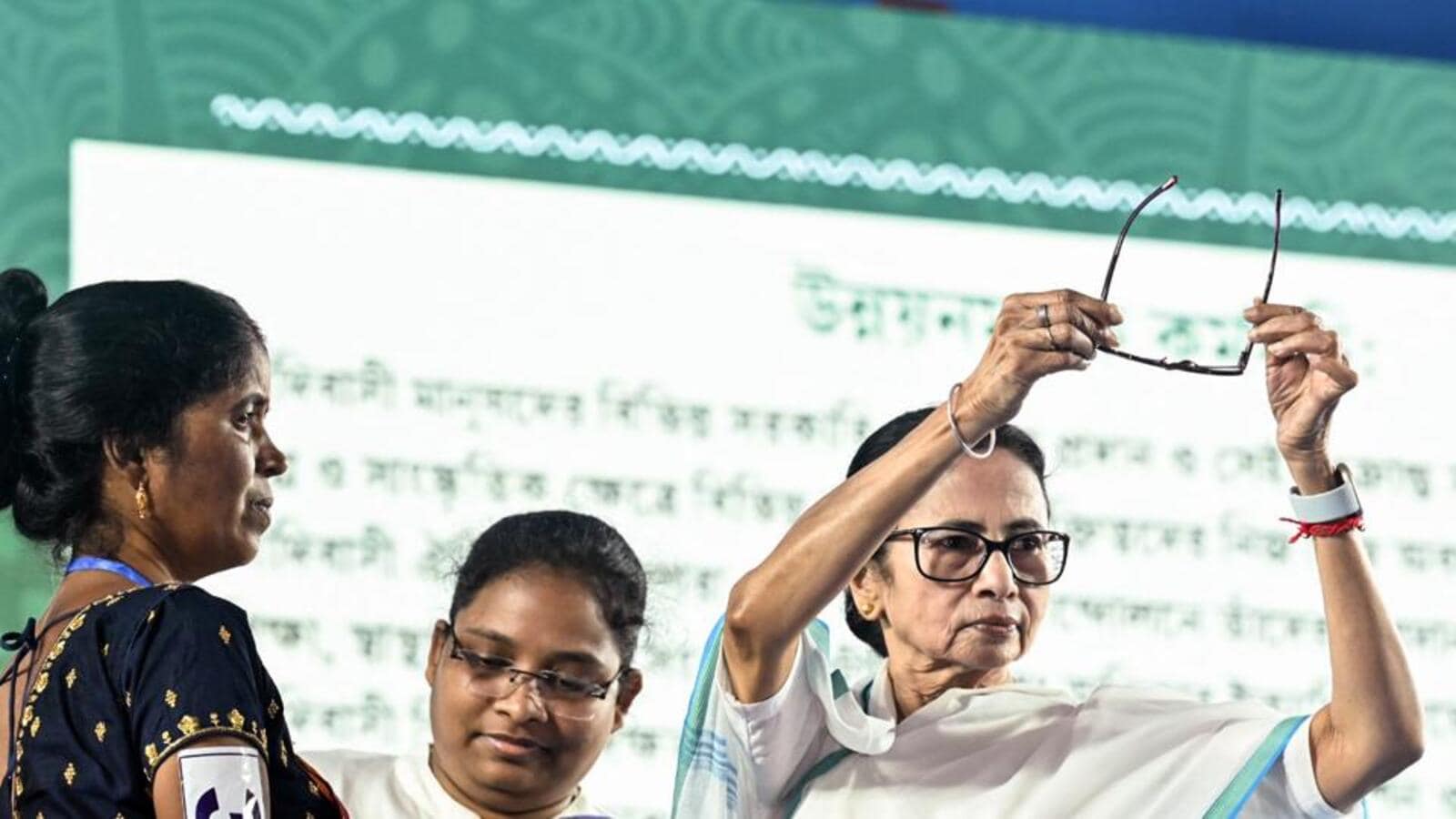Now Reading: Bengal Questions ECI Order to Suspend Four, Calls for Fair Inquiry
-
01
Bengal Questions ECI Order to Suspend Four, Calls for Fair Inquiry
Bengal Questions ECI Order to Suspend Four, Calls for Fair Inquiry

Speedy Summary
- The Election Commission of India (ECI) directed the West Bengal government to suspend four government officers and a data entry operator involved in electoral roll updates and alleged data security breaches.
- Charges included adding fictitious voters’ names to the electoral roll, compromising data security, and providing unauthorized access to ERO Net (a central electoral management system).
- Chief minister Mamata Banerjee opposed the directive, arguing such actions were unwarranted as no formal election was announced yet.
- chief secretary Manoj Pant communicated that an inquiry into the allegations had been initiated but described suspending officers without detailed inquiry as excessively harsh,potentially demoralizing other officials engaged in administrative duties.
- The state government withdrew two accused officials from election-related duties while launching inquiries but has not complied with suspension directives or filed FIRs yet.
- A compliance report was mandated by ECI by Monday at 3 pm. Further action from West Bengal will be decided post-inquiry completion.
!Image
West Bengal chief minister Mamata Banerjee during a program organised to celebrate ‘World Tribal Day’ in Jhargram on Thursday. (ANI)
Indian Opinion Analysis
The conflict between the West Bengal government and the Election Commission underscores tensions around institutional accountability versus local governance autonomy. On one hand, election integrity is vital for democracy, making swift action against alleged procedural lapses imperative. On the other hand, due process is fundamental; prematurely penalizing officers without thorough investigations could damage morale within administrative structures tasked with sensitive responsibilities like elections.
The issue also serves as a precedent for how states balance their objections against constitutional authorities like ECI while maintaining rule-of-law adherence amidst political sensitivities-especially as states begin pre-election preparations nationwide. For optimal resolution, ensuring clarity of inquiry processes coupled with cooperative federalism principles seems paramount.

























